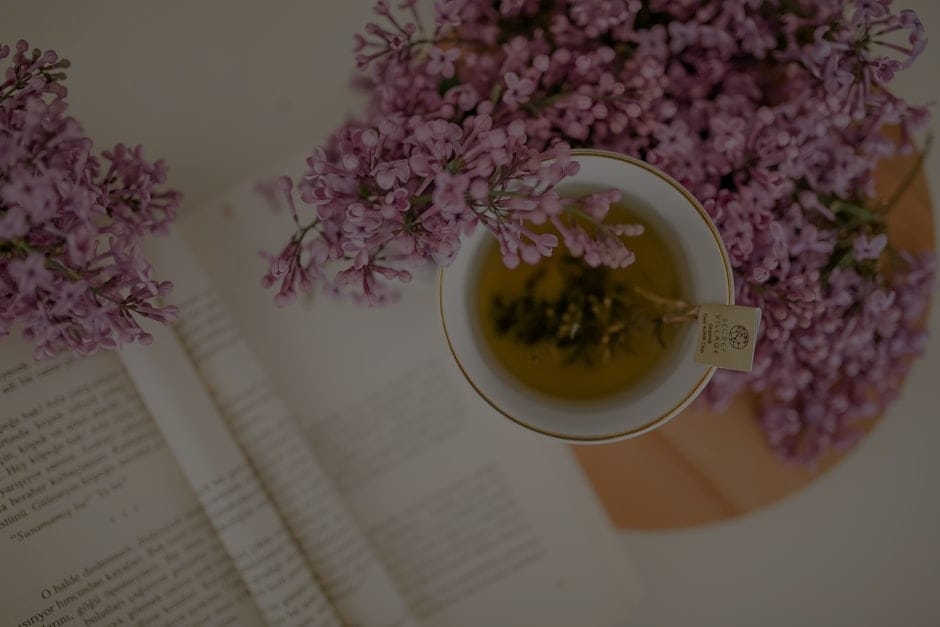**Title: Transform Your Space: Essential Feng Shui Elements for Creating a Tranquil Zen Garden at Home**
**Abstract:** Discover how to create a serene Zen garden at home by incorporating essential Feng Shui elements that promote harmony, balance, and tranquility in your living space.
Understanding the Essence of a Zen Garden
A Zen garden, often characterized by its minimalist design, serves as a tranquil retreat within your home. It embodies the principles of Feng Shui, aiming to create a harmonious environment that promotes peace and reflection. By strategically placing elements like rocks, gravel, and plants, you can enhance the flow of positive energy, or “chi,” in your living space. This balance not only calms the mind but also rejuvenates the spirit, making your Zen garden a perfect escape from daily stresses.
Choosing the Right Location for Your Zen Garden
The placement of your Zen garden is crucial for achieving optimal energy flow. Ideally, it should be situated in a quiet area, away from the hustle and bustle of your home. Consider placing it near a window where you can easily observe it while indoors. This connection to nature helps foster a sense of peace and tranquility. Make sure the space receives natural light, as it plays a vital role in energizing your garden and enhancing its overall ambiance.
Incorporating Natural Elements
Natural elements are fundamental in creating a Zen garden. Use smooth stones, pebbles, and sand to represent water and land, symbolizing harmony in nature. The careful arrangement of these elements can evoke a sense of calm and order. For instance, raked gravel can mimic the ripples of water, while larger rocks can represent mountains or islands. Plants, such as bamboo or succulents, can add a touch of greenery, promoting growth and vitality in your space.
The Importance of Color and Texture
Color and texture play a significant role in the aesthetic appeal of your Zen garden. Soft, muted colors like greens, browns, and whites create a soothing atmosphere, while vibrant colors can be used sparingly to draw attention to specific areas. Textures, too, are essential; combining smooth stones with rough bark or soft moss can create a visually interesting and balanced environment. This diversity not only pleases the eye but also engages the senses, enhancing the overall experience of your garden.
Creating Pathways for Mindfulness
Pathways are an integral part of Zen gardens, guiding visitors through the space and encouraging mindfulness. Use stepping stones or gravel paths to create a sense of journey and exploration. As you walk through your garden, take the time to reflect and appreciate the beauty around you. This practice of mindfulness can significantly enhance your mental well-being, allowing you to reconnect with yourself and the natural world.
Incorporating Water Features
Water features, such as small ponds or fountains, can enhance the tranquility of your Zen garden. The sound of flowing water promotes relaxation and can drown out distracting noises from your environment. If space allows, consider adding a small pond with koi fish or a simple water fountain. These elements not only attract positive energy but also create a serene atmosphere that invites contemplation and peace.
Enhancing Your Zen Garden with Feng Shui Symbols
To amplify the positive energy in your Zen garden, incorporate Feng Shui symbols that resonate with your intentions. For instance, placing a Buddha statue can symbolize enlightenment and inner peace, while wind chimes can attract good fortune. Crystals, such as amethyst or clear quartz, can also be strategically placed to enhance the garden’s energy. These thoughtful additions not only beautify your space but also align with your personal aspirations and desires.
Maintaining Your Zen Garden
Regular maintenance is essential for keeping your Zen garden vibrant and inviting. This includes raking the gravel, trimming plants, and ensuring that water features are clean and functional. By dedicating time to care for your garden, you reinforce the principles of mindfulness and presence. This ongoing commitment not only enhances the beauty of your space but also deepens your connection to it, fostering a lasting sense of tranquility in your home.
In conclusion, creating a Zen garden at home with essential Feng Shui elements can significantly enhance your living environment, promoting peace and balance. By thoughtfully incorporating natural elements, mindful pathways, and symbolic features, you can transform your space into a serene retreat that nourishes your soul and supports your well-being. Embrace the journey of cultivating your Zen garden and experience the profound benefits it brings to your life.










